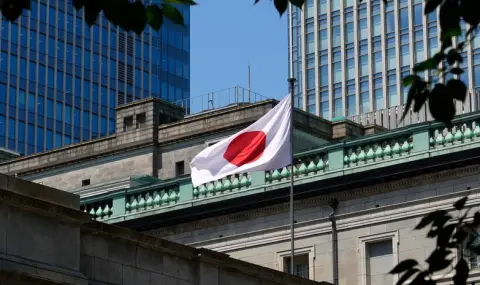The central bank of Japan revised its badly shaken monetary policy and increased the discount rate, which in recent years was set at a practically negative level, Japanese public television reported (NHK).
At a meeting held on July 31, the financial regulator decided to increase the short-term interest rate from 0-0.1% to 0.25%. The Bank of Japan also decided to reduce the volume of purchases of government bonds. It is noted that the Bank of Japan plans to continue raising the discount rate in the future, as the country's inflation exceeds the target of 2% - in June this year, inflation stood at 2.6% on an annual basis. Overall, the Japanese financial regulator assesses the state of the economy as positive, noting a positive growth trend on the back of stable wage growth and rising household incomes.
For 17 years, the Japanese authorities maintained a virtually negative discount rate to stimulate the market and achieve core consumer inflation of 2%. Last year, inflation had already reached the Bank of Japan's target, but due to global growth in energy and other resources, it continued to rise, peaking at 4.2% at one point. Then, as the Japanese authorities predicted, by the end of the year that figure dropped to 2.9%.
Against the Central Bank's decision, the rate of the national currency strengthened significantly - the yen added 1.62%, reaching a level of 152.38-152.4 yen per dollar.
